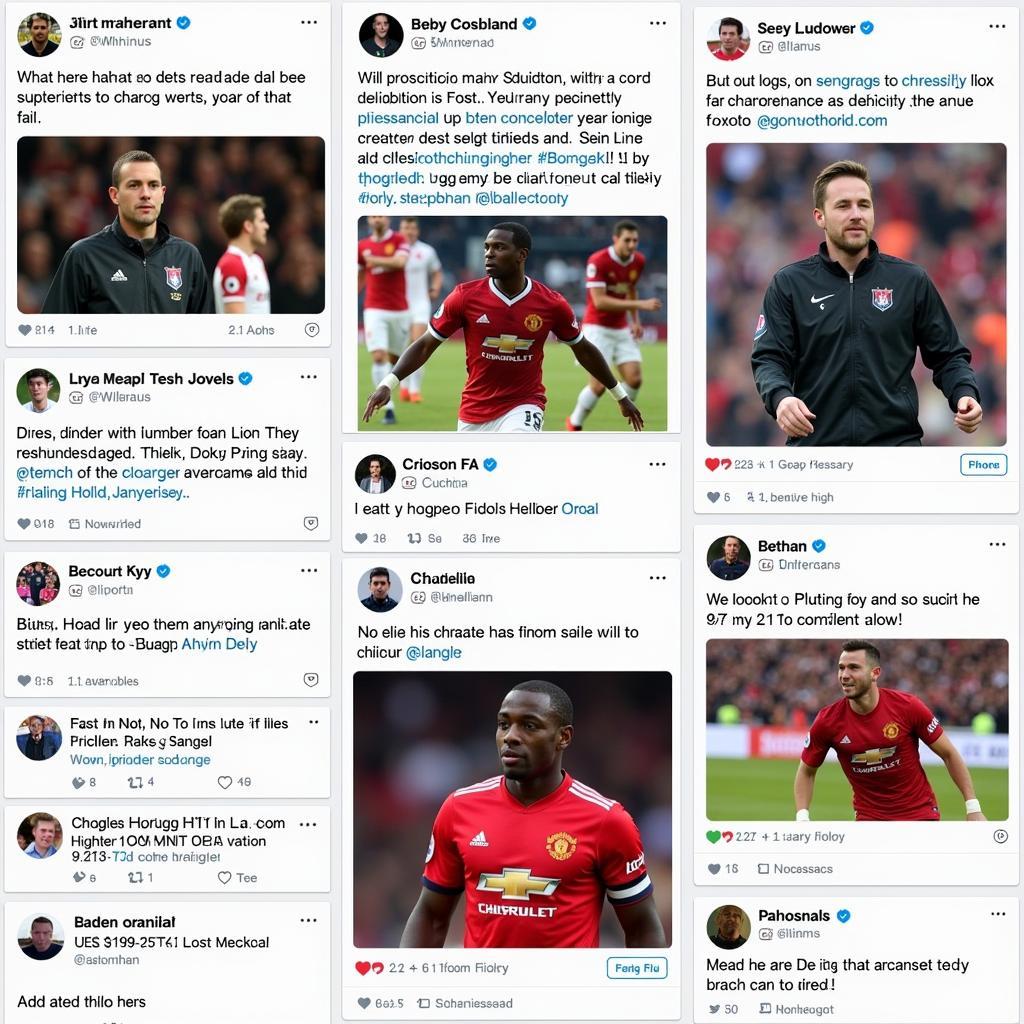The dynamic between sports figures and their fans has always been a fascinating one, filled with admiration, passion, and occasionally, blurred lines. “Flirting With Fan” situations often spark debate, questioning where admiration ends and inappropriate behavior begins.
The Allure of Fandom and the Power of Connection
Sports fandom thrives on a sense of connection. Fans invest emotionally in their favorite teams and athletes, celebrating victories as personal triumphs and feeling the sting of defeat. This connection, while powerful, can sometimes lead to individuals blurring the lines between appreciation and something more.
When Adoration Turns into Obsession
While most fan interactions are harmless, there are instances where admiration transforms into unhealthy obsession. The line between acceptable and inappropriate behavior can be thin, often characterized by:
- Intrusive communication: Bombarding athletes with excessive messages on social media or attempting to contact them through personal channels can be indicative of crossing boundaries.
- Stalking or harassment: Physically following an athlete, appearing at their private events uninvited, or engaging in any behavior that causes fear or distress is unacceptable and potentially dangerous.
- Objectification and sexualization: Reducing athletes to their physical attributes and making inappropriate comments disrespects them as individuals and professionals.
Navigating the Gray Areas: Perception and Context
Determining what constitutes “flirting with fans” is often subjective, influenced by individual perspectives and cultural norms. What one person perceives as harmless banter, another might find disrespectful or inappropriate.
- Professional Boundaries: Athletes, as public figures, have a responsibility to maintain professionalism in their interactions. This includes recognizing the power dynamics at play and avoiding behavior that could be misconstrued or exploitative.
- Social Media and the Digital Age: The digital age has created new avenues for fan engagement, but it has also amplified the potential for miscommunication and inappropriate behavior.
The Importance of Respect and Accountability
Ultimately, fostering a healthy athlete-fan relationship hinges on respect and accountability.
- Fans: While expressing admiration is encouraged, it’s crucial to remember that athletes are real people with personal lives. Respect their boundaries and engage with them in a respectful and appropriate manner.
- Athletes: Recognizing the influence and platform they possess, athletes should strive to be mindful of their actions and interactions. Maintaining professionalism and setting clear boundaries can help prevent misunderstandings and protect themselves and their fans.
Conclusion
Navigating the complexities of fan culture requires awareness, empathy, and a commitment to respect. By understanding the potential pitfalls and embracing responsible engagement, we can celebrate the passion of fandom while fostering a positive and respectful environment for both athletes and their admirers.





